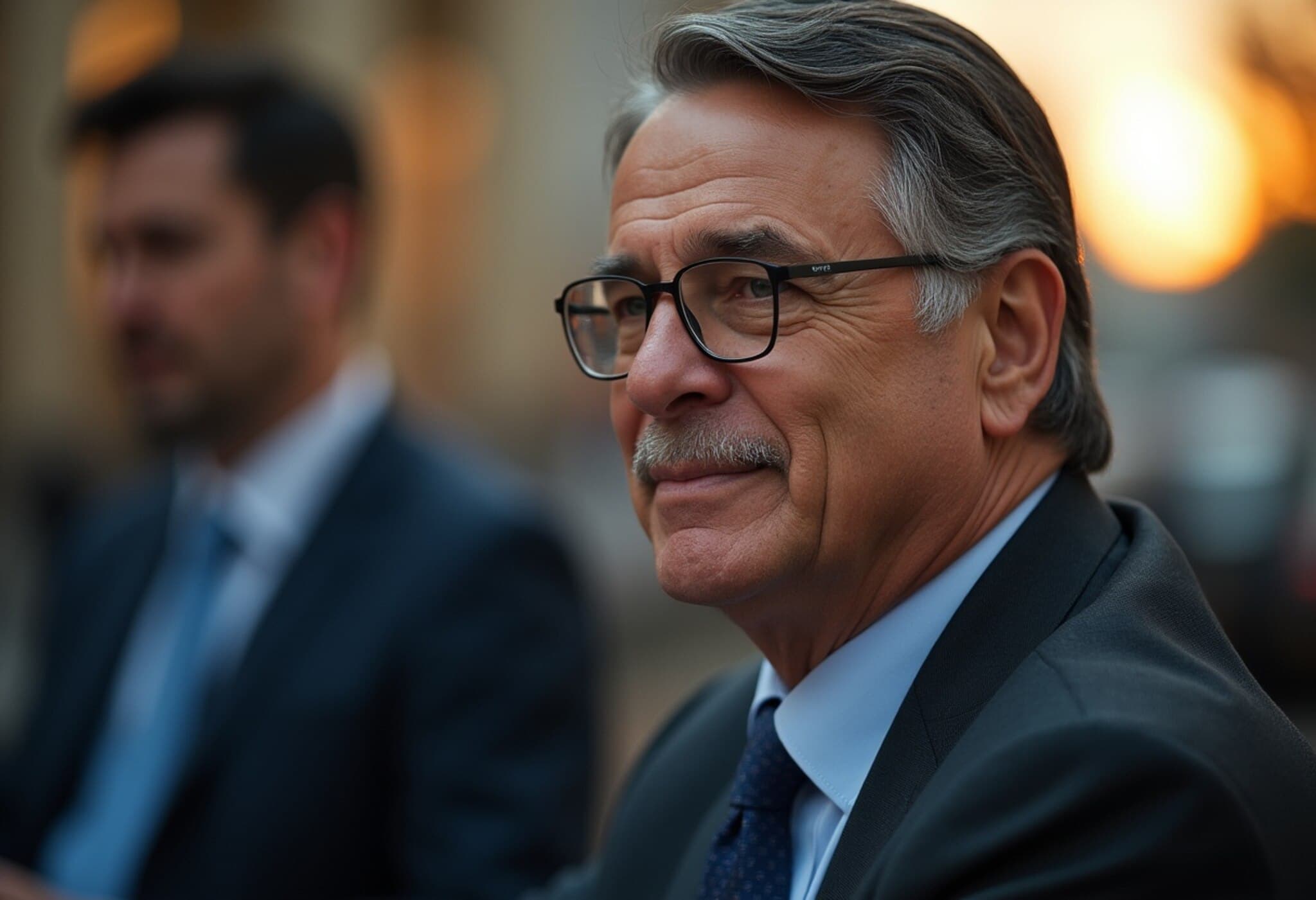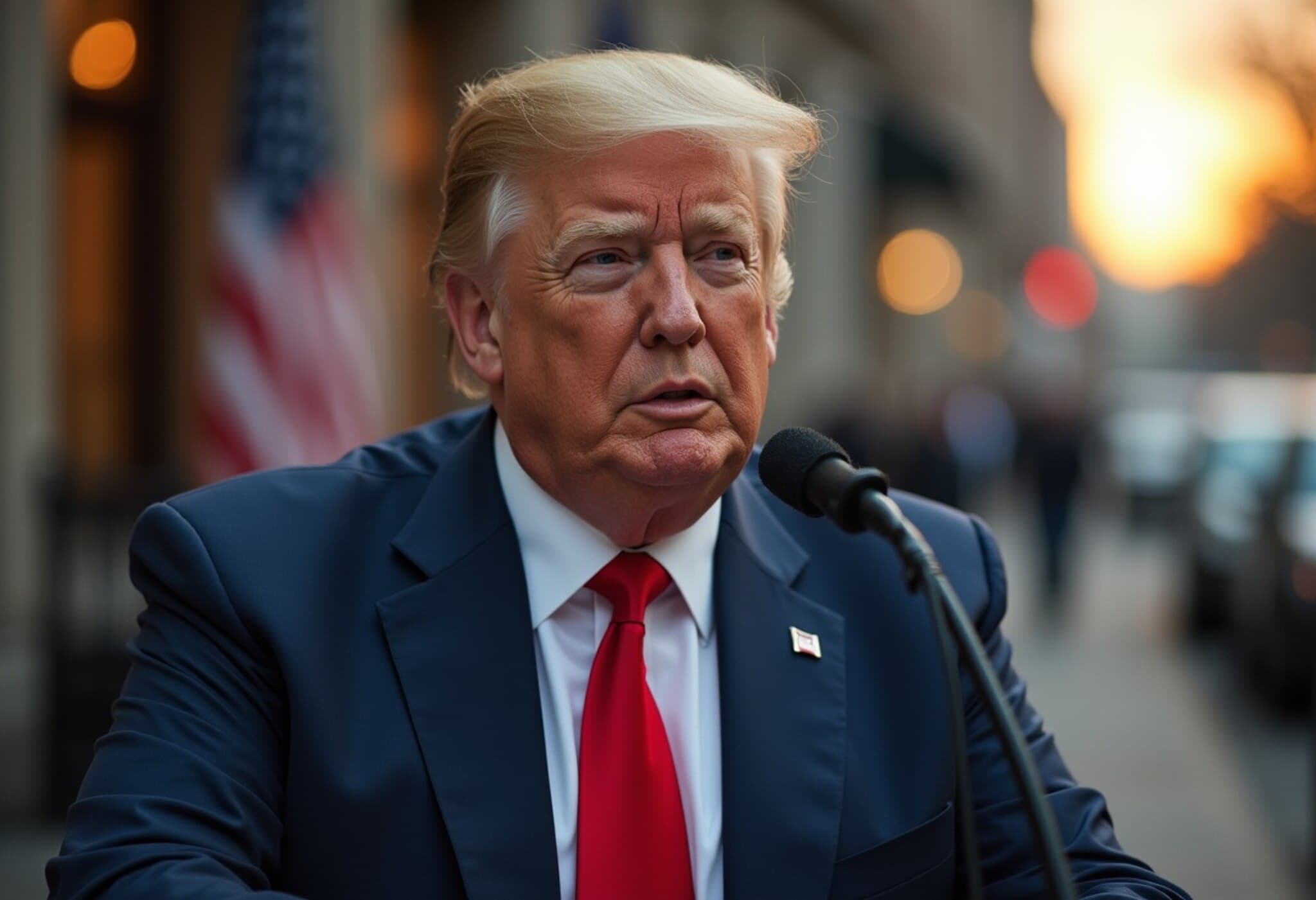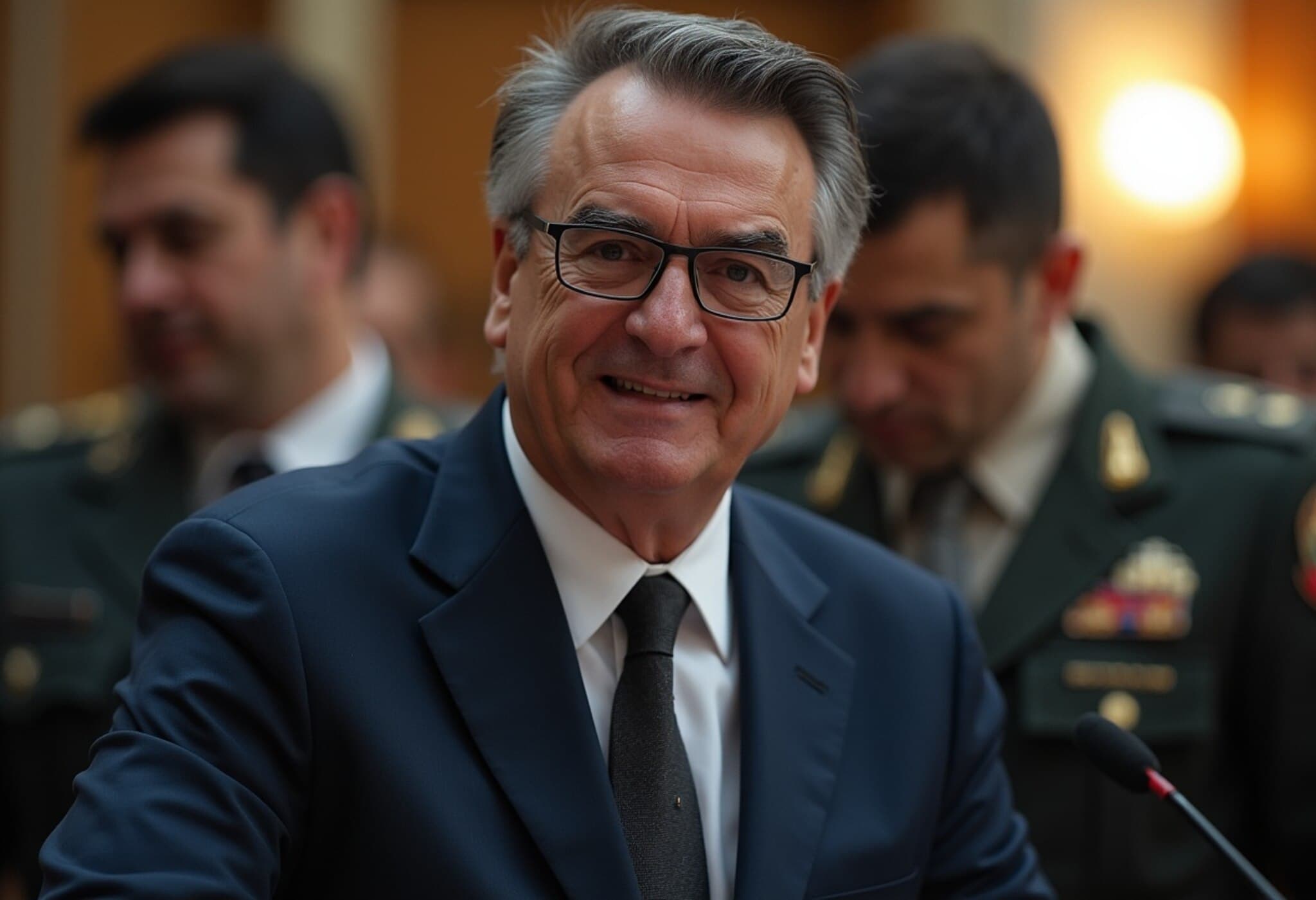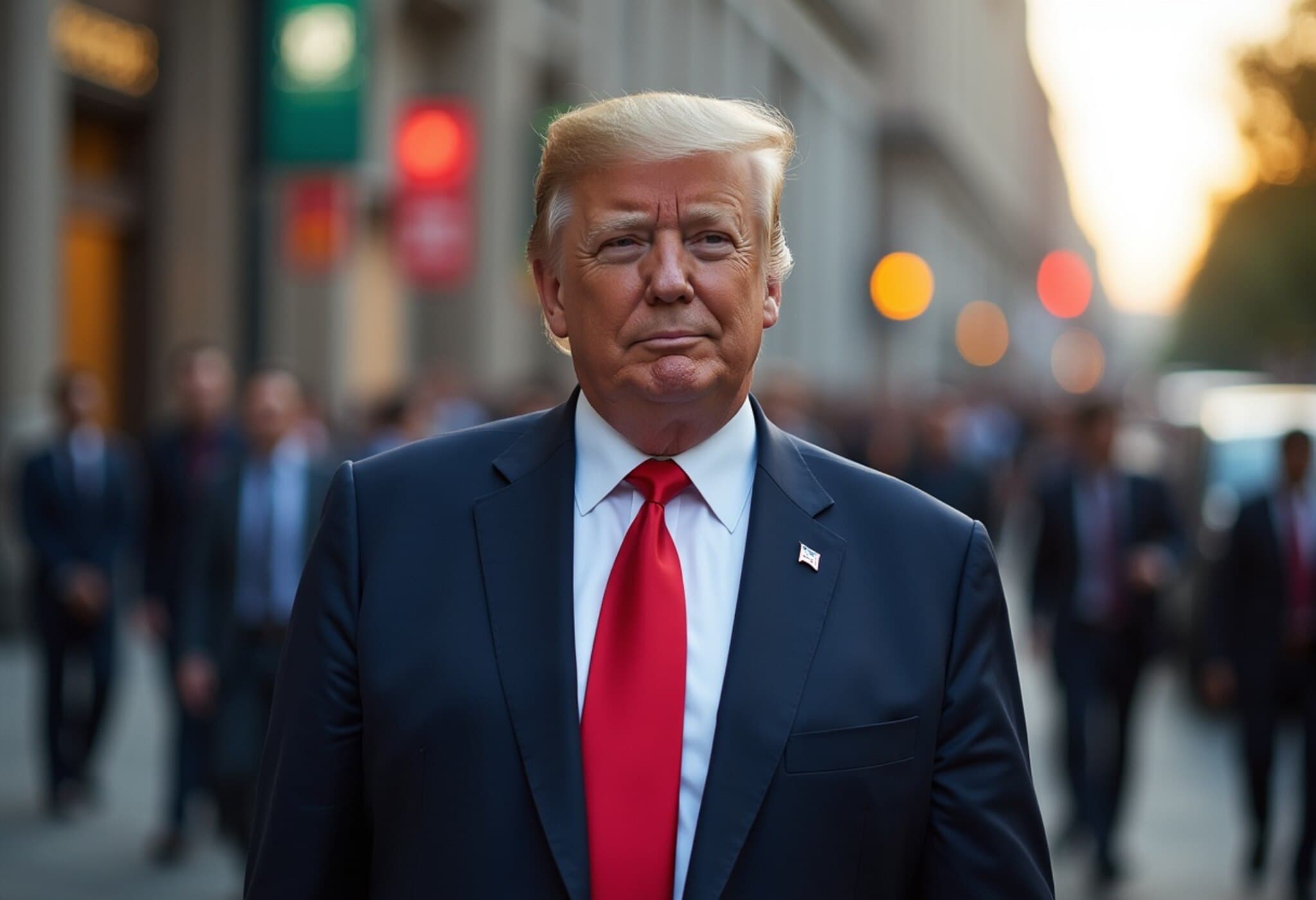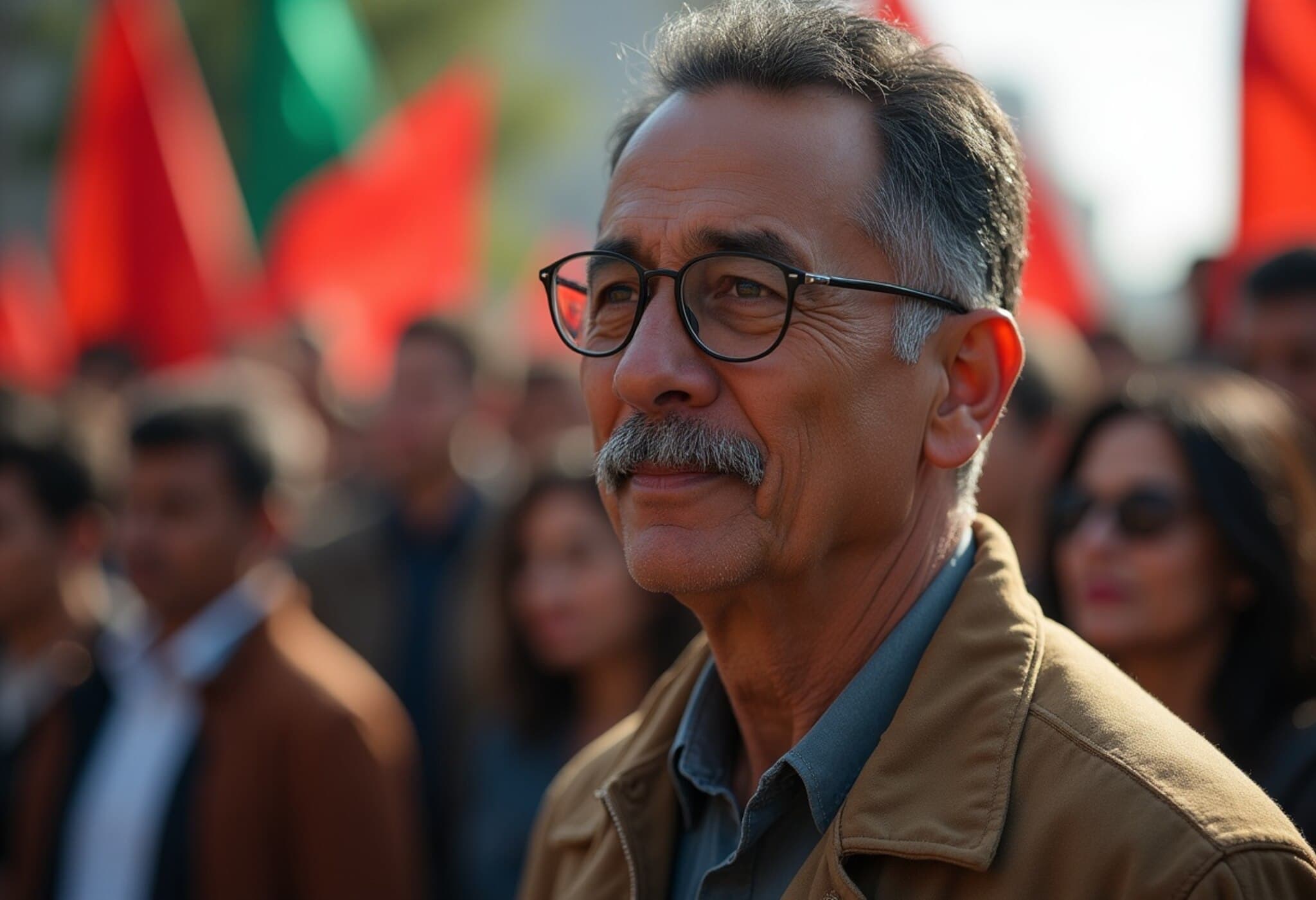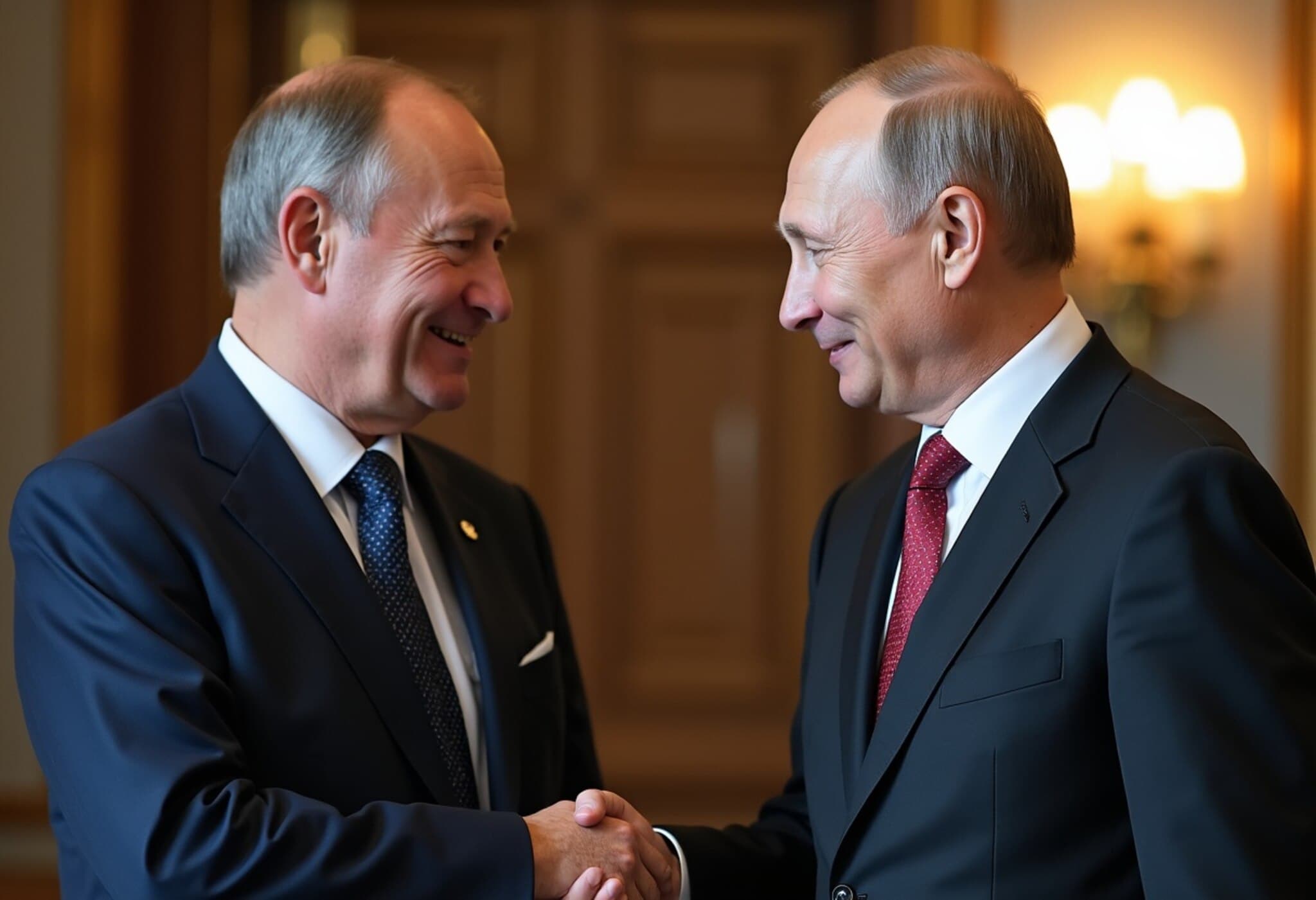Brazil Escalates Trade Dispute with US Over Steep Tariffs
In a significant move that has raised tensions between two of the world’s largest economies, Brazil has formally approached the World Trade Organization (WTO) to contest the recent imposition of 50% tariffs by the United States on a wide range of Brazilian imports. The tariffs, which took effect this week, target about 35.9% of Brazil’s exports to the US, translating to roughly 4% of Brazil’s overall export volume. This measure threatens to disrupt longstanding trade relations and could have ripple effects across global markets.
President Lula Opts Out of Direct Talks with Trump
US President Donald Trump previously invited Brazilian President Luiz Inácio Lula da Silva for direct discussions to ease the trade tensions, saying Lula "could call him anytime". However, Lula dismissed the overture, saying, "I will not call Trump because he does not want to talk." Instead, Lula plans to seek dialogue with other influential global leaders, including Indian Prime Minister Narendra Modi and Chinese President Xi Jinping, signaling Brazil’s intent to strengthen alternative international alliances.
Lula also extended an unusual invitation for Trump to attend the upcoming COP climate summit scheduled in Belem this November, aiming to use international forums as a platform to bridge divides.
The Broader Context: Judicial Sanctions and Political Tensions
Trade tensions are mirroring deeper political discord. The US has levied sanctions against Brazilian Supreme Court Justice Alexandre de Moraes under the Magnitsky Act, alleging human rights violations tied to ongoing trials of former Brazilian President Jair Bolsonaro. Bolsonaro, who remains under house arrest on charges related to efforts to overturn the 2022 elections, is a polarizing figure whose legal battles have drawn sharp international attention.
Brazilian officials stoutly defend the independence of their judiciary and have rejected the US sanctions as unwarranted interference. Justice de Moraes has publicly declared that he will continue his duties unfazed by the measures.
Underlying Political Dynamics
- President Lula’s refusal to engage directly with Trump reflects rising skepticism about the efficacy of bilateral talks amid ideological clashes.
- The US sanctions represent a rare, assertive move to influence Brazil’s judicial process, potentially complicating diplomatic ties further.
- Brazil’s pivot to leaders like Modi and Xi underscores a strategic realignment toward emerging powers and alternative global governance forums.
Brazilian Delegation’s Diplomatic Outreach Yields Limited Access
Last month, Brazilian senators traveled to Washington aiming to present economic concerns and explore avenues for cooperation with US policymakers. However, reports suggest they encountered an atmosphere heavily influenced by ideological rigidity, with limited engagement from key White House officials. This difficulty in dialogue indicates a more profound impasse that may not be easily resolved through conventional diplomatic channels.
Expert Insight: What Does This Mean for Global Trade?
Trade experts warn that such unilateral tariffs contravene the spirit of the WTO framework, raising questions about the system’s ability to manage escalating protectionism. Lula’s call for WTO reforms highlights a broader challenge: balancing national economic interests with an increasingly interconnected global marketplace. The dispute also sheds light on the growing use of economic sanctions as instruments of foreign policy beyond traditional realms.
From an American perspective, the tariffs and sanctions could backfire if they prompt Brazil to deepen ties with China and India, potentially reshaping strategic alliances and supply chains in Asia and Latin America. This realignment is particularly consequential given Brazil’s role as a key supplier of commodities and agricultural products.
Critical Questions We Must Consider
- Can the WTO evolve to prevent such trade conflicts from escalating?
- What are the implications of judicial sanctions on international legal norms and sovereignty?
- How will Brazil balance its economic interests with geopolitical pressures from global powers?
Looking Ahead
As Brazil pursues WTO dispute resolution and seeks support from global leaders, the unfolding developments could serve as a bellwether for future international trade and diplomacy trends. Observers around the world will be watching closely to see if dialogue and multilateralism can overcome unilateral measures or if economic nationalism continues to drive wedges among key players.
Editor’s Note
This episode of Brazil-US tensions is more than a tariff dispute; it encapsulates emerging fault lines in global governance and diplomacy. It underscores the challenges of managing trade in a multipolar world where economic, judicial, and political spheres increasingly intertwine. As Brazil leans toward India and China, and as the US doubles down on sanctions, the world confronts critical questions about cooperation, sovereignty, and the future architecture of international relations.

